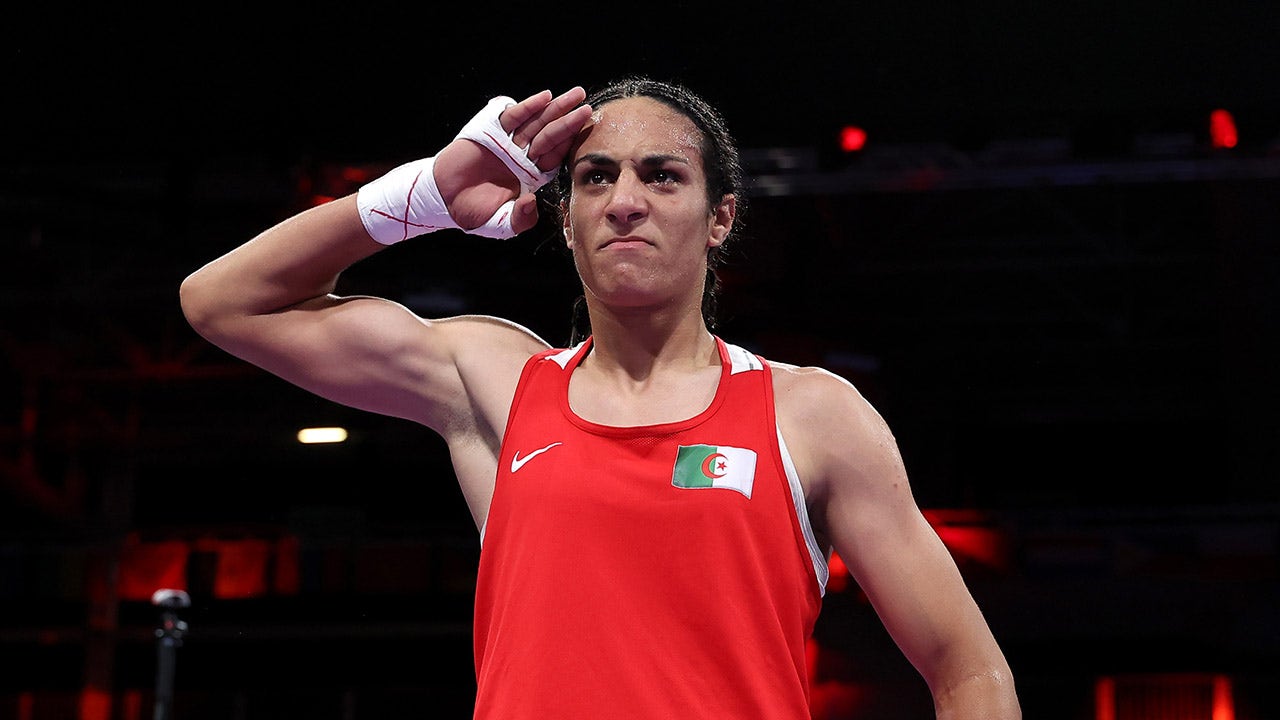2028 LA Olympics: Imane Khelif plans to compete amid gender questions

After sparking controversy at the Paris Olympics last summer, Algerian boxer Imane Khelif has announced her intention to compete in the 2028 Olympics in Los Angeles. Despite facing gender eligibility issues in the past, Khelif is determined to once again showcase her skills on the world stage.
During her gold medal-winning run in Paris, Khelif faced backlash due to her disqualification from the International Boxing Association World Championships in 2023. The IBA President, Umar Kremlev, cited DNA tests that revealed athletes attempting to deceive their competitors by posing as women. Khelif was among those disqualified for having XY chromosomes, though she has not been proven to be transgender.
The Algerian Olympic Committee initially stated that Khelif was disqualified for “medical reasons,” with reports suggesting high testosterone levels as the reason. Khelif, however, claimed that the disqualification was part of a larger conspiracy to prevent Algeria from winning gold.
Despite the controversy surrounding her participation, Khelif was allowed to compete in Paris with the support of the International Olympic Committee and its president, Thomas Bach. This led to criticism from various figures, including President Donald Trump, Elon Musk, and J.K. Rowling. Khelif even filed a lawsuit in France for cyber harassment over the public response to her involvement.
In an exclusive interview with ITV, Khelif opened up about the impact of the backlash on her mental health and her family. She expressed how the situation took a toll on her loved ones, especially her mother, who required frequent hospital visits due to the stress. Despite these challenges, Khelif remains determined to compete in the 2028 Olympics.
With stricter gender eligibility policies potentially coming into effect, including Trump’s executive order banning trans athletes from women’s sports, Khelif remains unfazed. She emphasized that she is not transgender and that such policies do not apply to her. Khelif reaffirmed her identity as a woman and her commitment to competing in the Olympics.
As the IOC approaches a transition in leadership, with Sebastian Coe being a potential successor to Bach, the future of gender eligibility policies remains uncertain. Coe has expressed discomfort with the situation involving Khelif and emphasized the importance of protecting female athletes. Khelif’s perseverance and determination to compete in the face of adversity serve as a reminder of the resilience and strength of athletes in pursuit of their dreams.




